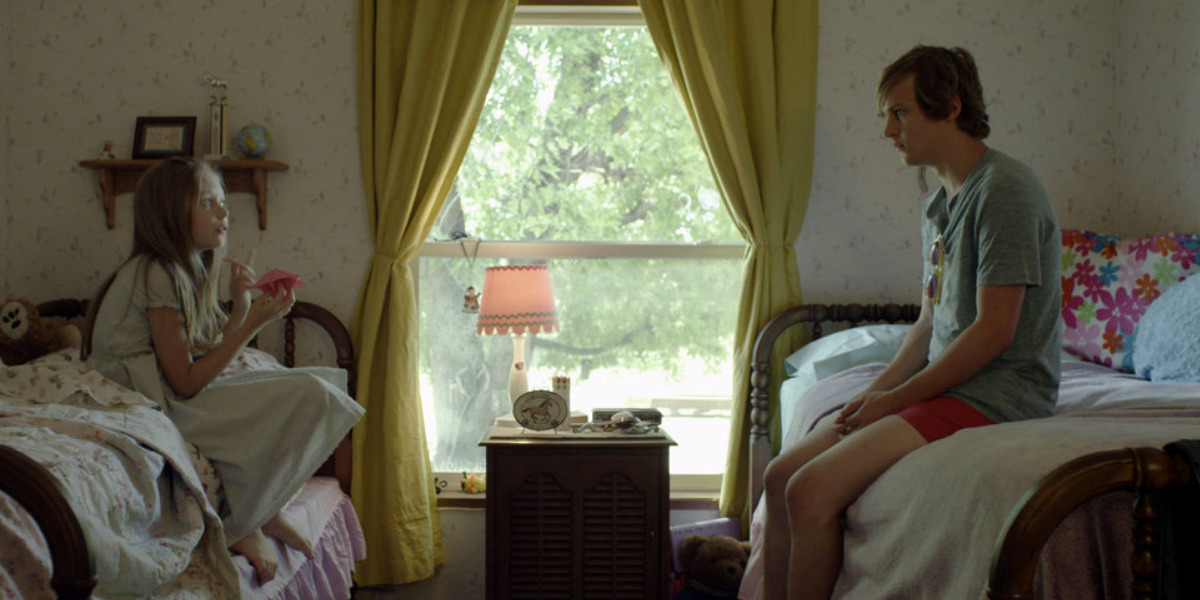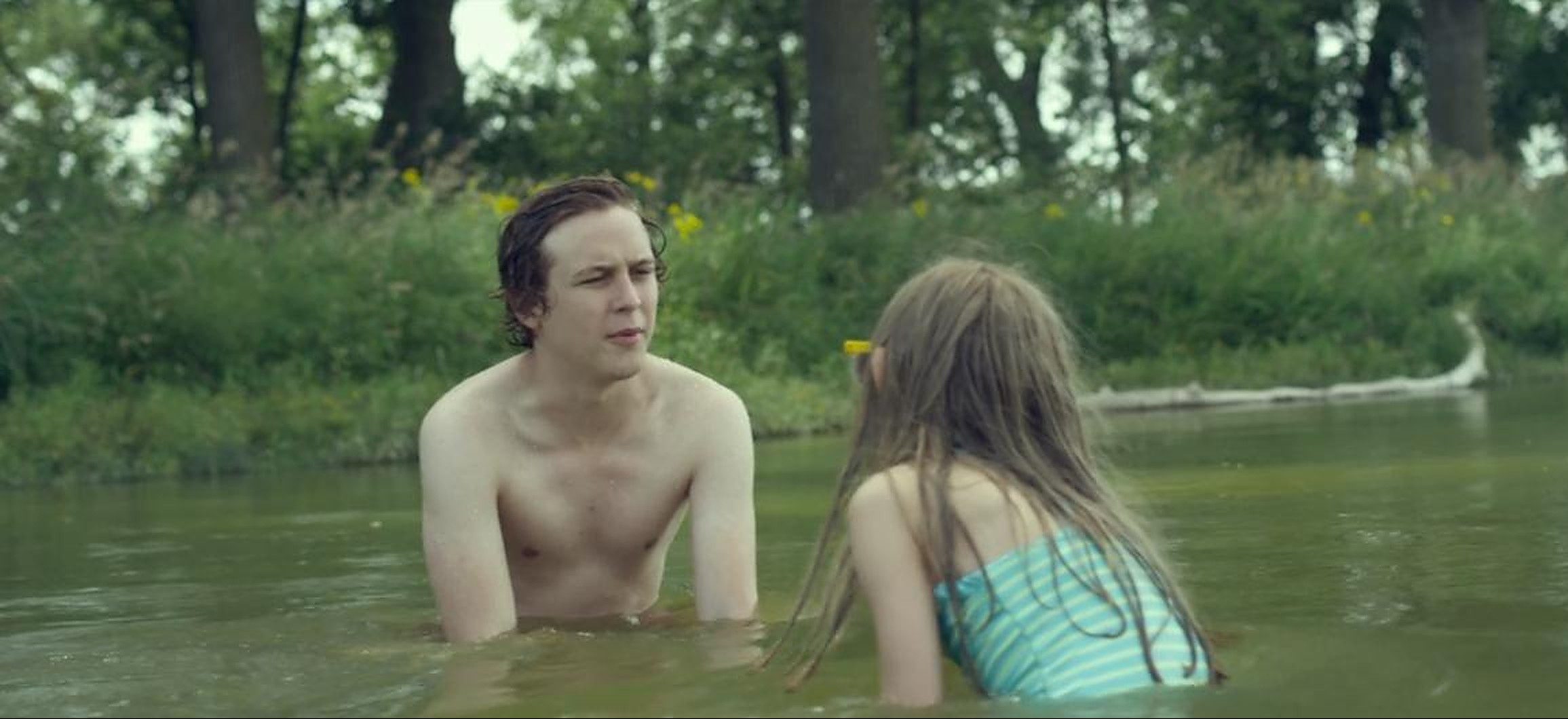‘Take Me to the River,’ a 2015 drama film directed by Matt Sobel, revolves around an uncomfortable family reunion that unearths a past that never gets talked about. Ryder, a gay teenager from California, knows he doesn’t fit in with his conservative Nebraskan family but wishes to come out to them during the upcoming family reunion. However, after an accident leads his young cousin, Molly, to emerge with blood on her dress, her father, Keith, viciously accuses him of abusing his daughter. Forced to deal with mistreatment from his family, Ryder learns about a dark family secret.
Through its complex but mundane plotline, the film explores the sensitive issue of childhood trauma within a dysfunctional family dynamic. By doing so, the narrative highlights the damage lack of proper communication can cause and depicts the fallout of past wounds. Due to the film’s heavy subject matter and ability to authentically reflect emotions of unease, viewers might be curious to know if the film has any basis in reality. Here is everything you need to know about the same!
Dream-Inspired, Semi-Autobiographical, Not a True Story
‘Take Me to the River’ is not based on a true story. Written and directed by Matt Sobel, this film is his original idea. The concept for the story first came to him in a nightmare he had while at a family reunion. Moreover, the film takes several inspirations from Sobel’s life without directly being a biographical account. Like, Ryder, the filmmaker also grew up in California, with his family having roots in Nebraska. Likewise, his grandma had a farm growing up, which ended up as the backdrop for this unconventional coming-of-age story. As such, the film certainly has some motifs that resonate with Sobel’s private life.

However, it’s important to note that Sobel’s past experiences only gave way to his understanding of the story, and the two aren’t tangibly connected. While discussing the same in an interview, the director shared, “I do want to stress though that nothing remotely this dramatic or traumatic ever happened at one of my actual family reunions. The goal wasn’t to re-create reality, but to re-create the feeling of the nightmare.”
Still, Sobel’s experiences likely lend a hand in his ability to be authentic about the characters, at least when it comes to the feeling of being outsiders in one’s own family. Cindy and Ryder being accessible characters to the audience with relatable experiences form another crucial foundation for the film’s sense of reality. As such, the actors’ understanding of their characters and situation also greatly informs the film’s authenticity. During the story’s development, Sobel took time to discuss separately with each actor to give them a better and unique outlook.
“I remember when Josh [Hamilton] arrived on set, Robin [Weigert] and I sat down with him to nail down some key elements about what happened in the past between them, but then separately, I worked with each of the actors independently to spin out their own narrative and interpretation of those facts,” said Sobel in an interview with The Mary Sue. The film particularly scrutinizes the concept of ambiguity— both thematically and narratively.
Therefore, the director’s decision to equip different actors with different accounts of the same events proved to be an ingenious tactic to maintain the film’s vague and open ending. Additionally, the film explores taboo topics like incest and sexual curiosity in young kids parallels reality. In theme with the same, the film ensures to surround these topics with an air of anxious discomfort. Sobel wanted to incite a conversation about important— if uncomfortable issues— and succeeded by wrapping his story with intrigue and mystery.
Ultimately, ‘Take Me to the River’ has a basis in real-life issues and presents a story about a gay teenager who realizes the generational trauma in his family far outweighs his personal struggles. The film’s complex and nuanced approach to such heavy subjects may allow viewers to connect with the storyline and characters. Nevertheless, the Matt Sobel directorial is not based on real-life events.
Read More: Take Me to the River Ending, Explained


You must be logged in to post a comment.